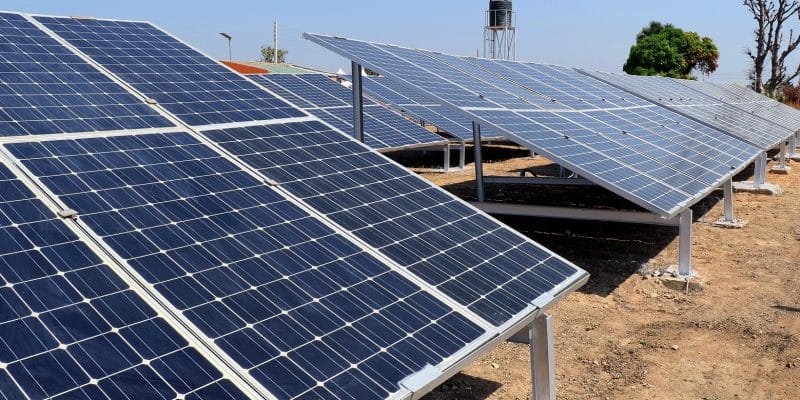The Federal Government of Nigeria recently inaugurated a mini solar photovoltaic (PV) power plant in the Goton Sarki community in Paikoro, a local government area in Niger State, Nigeria. The facility, which has a capacity of 40 kWp, was built by the Rural Electrification Agency (REA).
A solar photovoltaic power plant now supplies electricity to 1,500 people in the Goton Sarki community in Paikoro, a local government area in Niger State, Nigeria. The plant was recently inaugurated by the Federal Government of Nigeria. It has a capacity of 40 kWp.
The solar photovoltaic plant was built by the Rural Electrification Agency (REA). The installation consists of 200 monocrystalline solar panels, a 60 kVa hybrid inverter, 60 deep cycle storage batteries and an IoT (Internet of Things) wireless smart metering system. It also has a 1.6 km radius of distribution network. “The clean, safe and reliable energy provided will increase the income of the community’s inhabitants by improving business activities and the productivity of the population, while ensuring good education for school children,” says Sani Bello, Governor of the State of Niger.
The Goton Sarki solar power plant is part of the Nigeria Electrification Project (NEP). The initiative of the Federal Government of Nigeria, led by the private sector, aims to provide access to electricity to households and micro, small and medium enterprises in off-grid communities across the country through renewable energy sources. NEP is being implemented by REA in partnership with the World Bank, the African Development Bank (AfDB) and other partners.
REA is also implementing a solar project that aims to provide five million solar kits to 25 million people in Nigeria. The first series of installations will be carried out nationwide throughout December 2020. Nearly $367 million (140 billion Nigerian naira) will be disbursed for its implementation, 20% of which will be provided by the World Bank via a grant.
Inès Magoum







